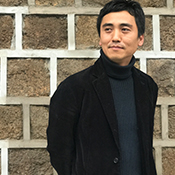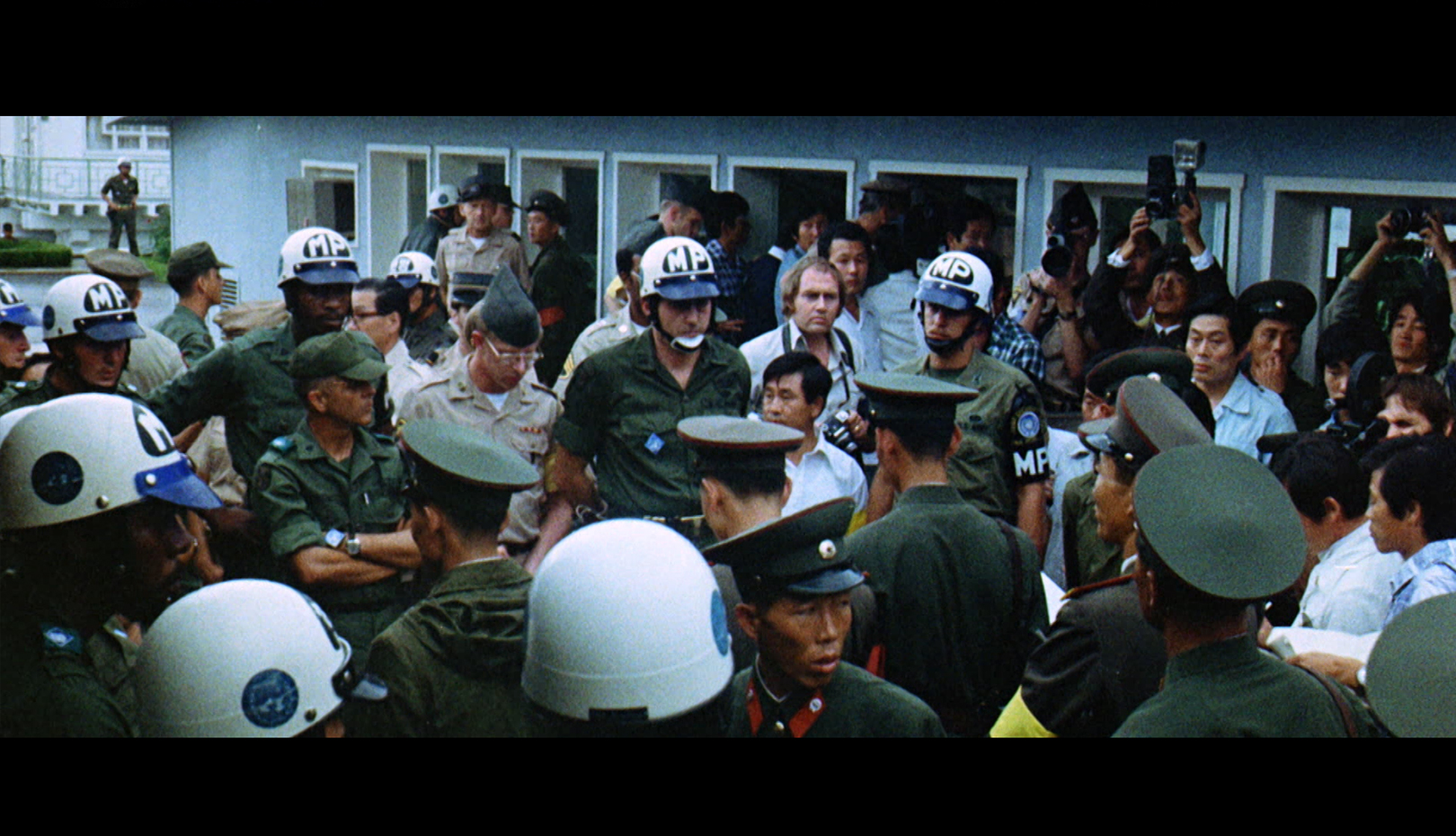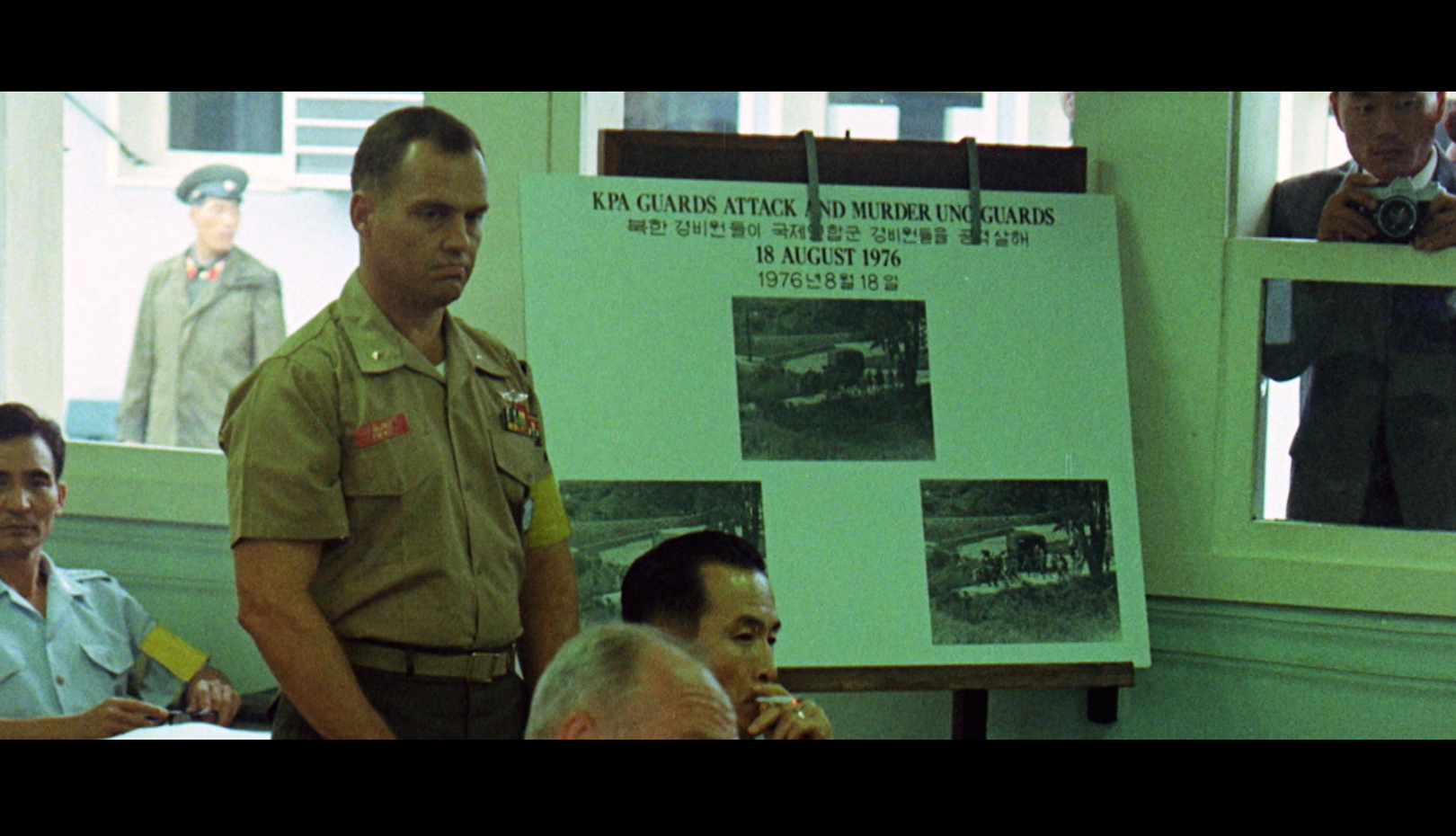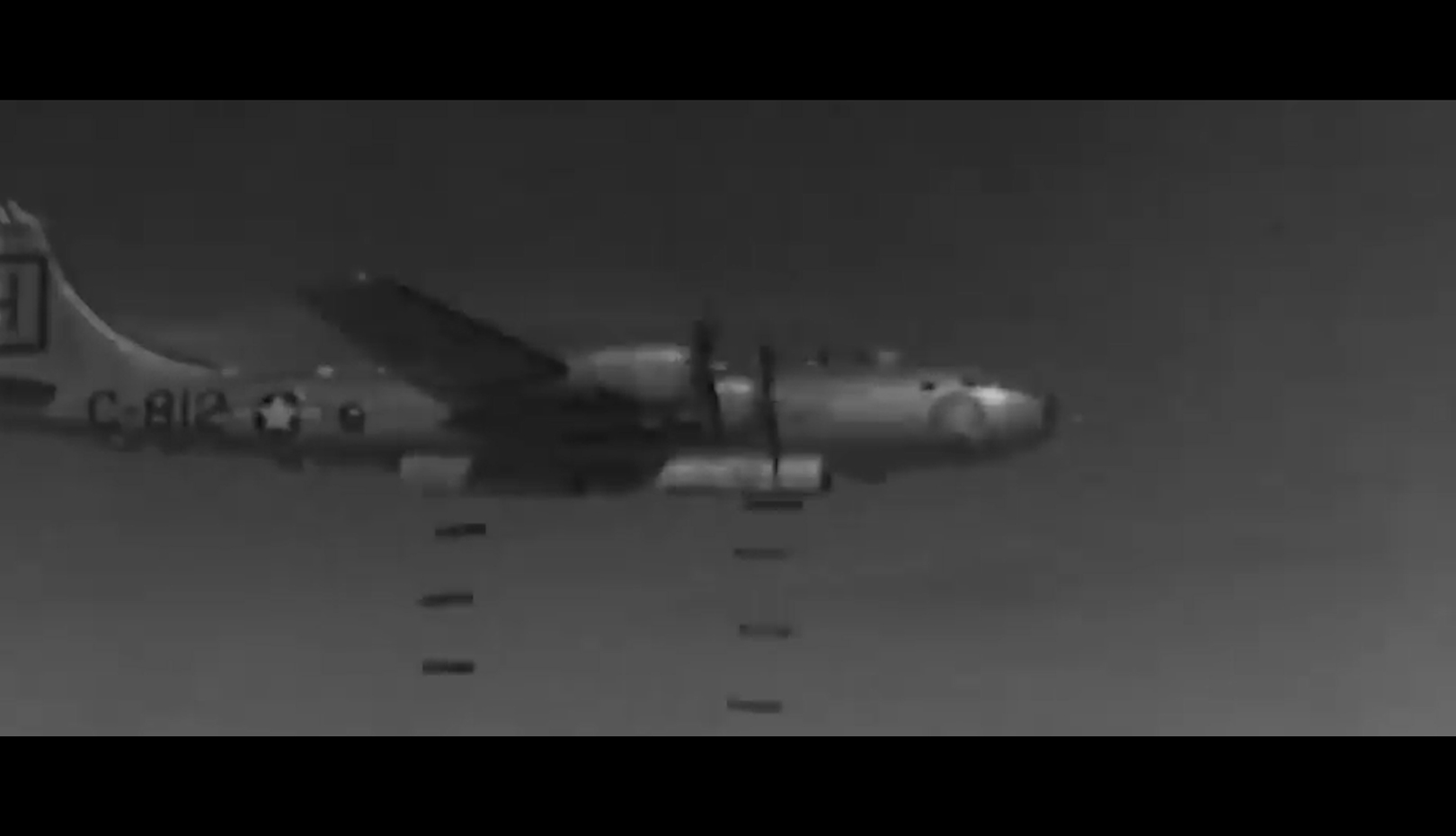Pan Mun Jom
SONG Won-geun
- Korea
- 2023
- 85min
- 12 +
- DCP
- color
World Premiere
Synopsis
One year after the Korean War, the conflict had reached a stalemate. The two opposing forces began to search for a way to end the grueling war of attrition, eventually settling on a modest village called ‘Pan Mun Jom’ near Gaeseong as the designated site for negotiations. Despite initial hopes for a quick resolution, the negotiating parties encountered obstacles that prevented an agreement. Disputes over the military demarcation line and the repatriation of prisoners of war thwarted their efforts. The film peels back the layers to reveal the untold story of Pan Mun Jom, shedding light on a history that has remained hidden until now.
Review
On the 70th anniversary of the signing of the Armistice, Pan Mun Jom asks the most basic and urgent question of all: What can we do for peace on the Korean Peninsula? Reconstructing the history and context of Panmunjom, a symbol of the division between North and South Korea, the film relies on a vast amount of archival material. Through footage unearthed by domestic and international organizations, including the US National Archives and Records Administration (NARA), the filmmakers provide a fascinating look at the construction of Panmunjom and the issue of prisoner repatriation, which was a key point of negotiation during the Korean War. This is complemented by interviews with researchers from various fields and those who have worked at the border crossing, providing a three-dimensional view of the changes in the border crossing since the armistice and the rarely-seen reality of Panmunjom. The film's most important virtue is that it doesn't just tell the story of Panmunjom. In this film, which is based on years of reporting and production, director Song Won-geun and his crew ask the audience to change the way they look at the space. Instead of being a place of division, where propaganda and slander from both sides of the border abound, or a place to exhibit war to tourists, they want to revive its original meaning as a place of communication to end the war. "There are no discussions for peace at Panmunjom," the crew's sincere comment leaves a strong impression.
Director
-

SONG Won-geun
Born in 1977, Song serves as the head of the Newstapa, a Korean independent newsroom. His documentary works encompass a range of subjects, including the Sewol Ferry tragedy, descendants of Japanese collaborators, prosecutors, and other societal issues. Notably, Song directed and released My Name is KIM Bok-Dong (2019), a film centering around victims of Japanese military sexual slavery. Furthermore, Song authored an essay titled Calling the Name (2021), delving into the production process of My Name is KIM Bok-Dong.


